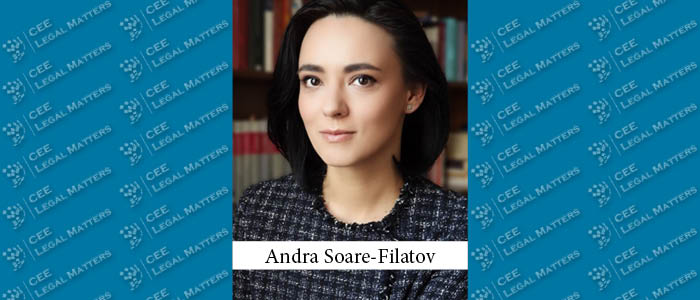In 2019, the Lithuanian tax system will see significant changes, designed to reform personal taxation laws and tackle the shadow economy. These amendments have already been approved by the Lithuanian Parliament and will become effective at the start of the year.
In a nutshell, the tax reforms reflect an overall shift of the labor-related tax burden from employers to employees. The underlying idea behind the changes is to eliminate the current split of social security contributions between employees and employers and thereby eradicate any enticement for under-the-table payments. As a result, the employer’s share of the social security taxes will drop significantly, from the current 31.18% to 1.79% in 2019, while the employee’s share of the social security contributions will increase to 19.5%, as compared to the present rates of 9% or 11%. In addition, the personal income tax will increase 5% to 20%; however, the rate of 27% will be applicable to income exceeding approximately EUR 8,900 in 2019.
To compensate employees for the increase in social security taxes, all gross salaries will be subject to an automatic lift by 28.9% as of January 1, 2019. Hence the consolidation of social security contributions on the employee’s side will not create a higher tax burden for employed individuals.
Additionally, the tax reform package includes a number of other specific anti-avoidance measures.
Minimum Reliability Criteria for Taxpayers
The amendments put forward minimum reliability criteria for companies and natural persons engaged in individual entrepreneurship. To satisfy these reliability criteria, taxpayers must have no record of previous penalties for: (i) tax-related violations resulting in unreported taxes exceeding EUR 15,000; (ii) illegal employment; (iii) certain administrative infringements; or (iv) criminal conviction for economic crime.
Non-compliance with the criteria will disqualify taxpayers from public procurement tenders and official lists of charity and donation recipients. Such taxpayers will be subject to longer statutory limitation periods (five years, instead of three). Furthermore, non-reliable taxpayers will face negative publicity, since they will be included on a list made available to the public.
Increased Penalties
Although the general penalty range (from 10% to 50% of unpaid taxes) for violating an obligation to report and pay taxes remains unchanged, certain tax infringements will be subject to larger fines.
In the event of a tax investigation where taxpayers are not able to justify sources of their income, penalties can reach 100% of unpaid tax amount. Repeated tax violations identified during the same three-year period will be subject to double fine amounts.
New Statutory Limitation Period for Collecting Taxes
The current five-year limitation period for the Tax Authorities to collect taxes will be replaced by a shorter three-year period. However, the five-year term will remain applicable in a number of cases. For instance, individual tax payers will be subject to a five-year limitation period for collection of personal income tax. So-called unreliable tax payers will not be able to benefit from the shorter limitation period either. The three-year limitation period will not apply where the tax collection is based on automatic information exchange procedure.
New General Deductions From Income
Since motor vehicle repair services as well as child care services and renovation of residential premises are often associated in Lithuania with the shadow economy, the tax reform amendments envisage new types of general deductions to reduce off-the-book transactions.
Individual taxpayers will be able to deduct these types of expenses from their taxable income, provided the services are rendered by a registered Lithuanian taxpayer. The deductions in question are capped at EUR 2,000 which is the aggregate limit for all the three types of deductible expenses. Moreover, the deductible amounts cannot exceed 25% of annual income.
Tax Amnesty
Last but not the least, the tax reform amendments provide for a tax amnesty to be applicable from January 1, 2019, until July 1, 2019. Therefore, all taxpayers will be able to declare their unreported income and pay relevant taxes and will be released from any penalty or fine on overdue tax liabilities. Taxpayers are also entitled under the amnesty rules to request a two-year payment plan allowing them to settle overdue tax liabilities by instalments.
By Aleksandr Masaliov, Head of Labor and Immigration, CEE Attorneys, Lithuania
This Article was originally published in Issue 5.12 of the CEE Legal Matters Magazine. If you would like to receive a hard copy of the magazine, you can subscribe here.
























